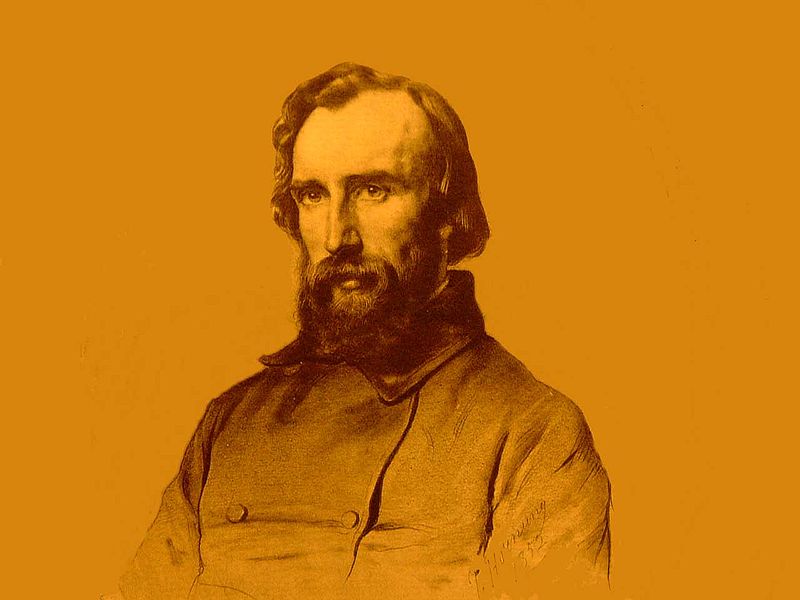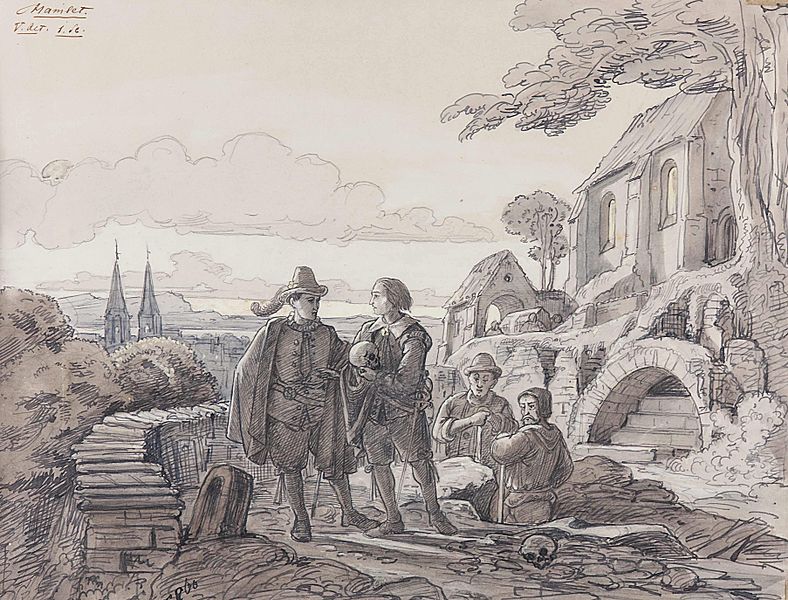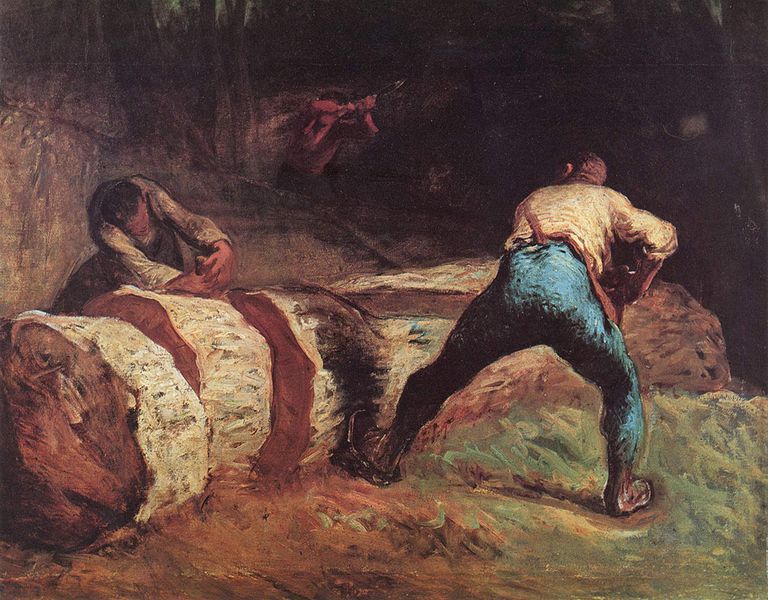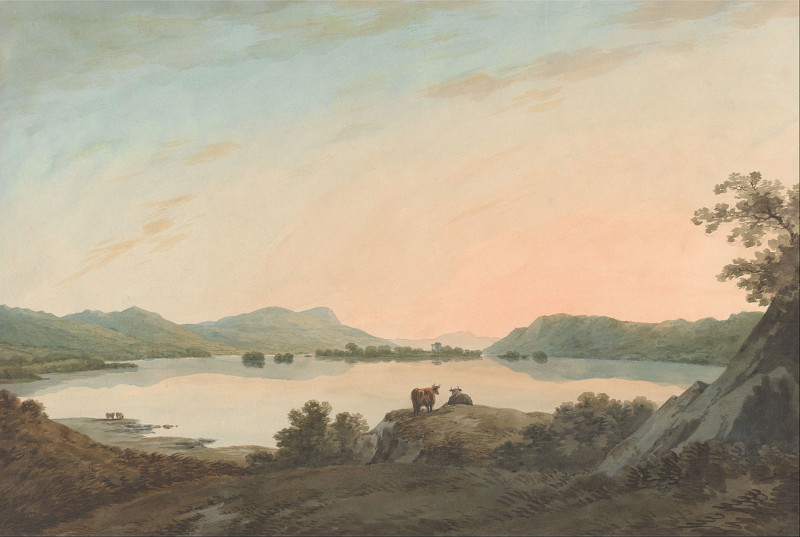
pathographesis
n. writing inspired by illness
After a shining start, Swiss philosopher Henri-Frédéric Amiel lost his patronage and his health, leaving him remembered largely for a private journal that became his only reality, the symptom and source of his illness. In the end it ran to 12 compulsively written volumes totaling 6 million words, a real-time description of its writer’s inner life:
- “I can find no words for what I feel. My consciousness is withdrawn into itself; I hear my heart beating, and my life passing. It seems to me that I have become a statue on the banks of the river of time, that I am the spectator of some mystery, and shall issue from it old, or no longer capable of age.”
- “Am I not more attached to the ennuis I know, than in love with pleasures unknown to me?”
- “At bottom there is but one subject of study: the forms and metamorphoses of mind. All other subjects may be reduced to this study.”
He was slowly suffocating as he wrote his final entries — the last, written on April 19, 1881, reads, “A terrible sense of oppression. My flesh and my heart fail me. Que vivre est difficile, ô mon coeur fatigué!”
“We think our protagonist was virtually unique in the degree to which he turned his diary into a fetishistic addiction, not so different from the substance addiction common in his culture,” write George S. Rousseau and Caroline Warman. “His diary was his fix. Boundaries between himself and his diary are nonexistent. And his larger definition of life, or living, was so firmly fused with the diary that he could not conceive of life, or living, apart from it.”
(George S. Rousseau and Caroline Warman, “Writing as Pathology, Poison, or Cure: Henri-Frédéric Amiel’s Journal intime,” Studies in Gender and Sexuality 3:3 [2002], 229–262.)





